So even though Kilometre Club is doing something new by making electronic ambience the length of something you would hear by the Minutemen or The Germs, it is still long enough at the album level to be considered long form. That’s the paradox: an epic odyssey taken in brief snapshots. There is something very earnest about this approach.
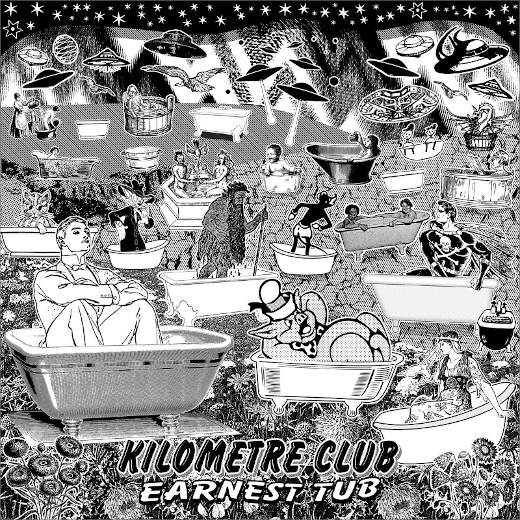
An epic odyssey taken in brief snapshots
When I think of ambient music it is not usually in the form of one-minute-or-so songs. It is usually in the form of very long songs. Five-minute ambient pieces are, in general, short for the genre. Tracks that are ten to twenty to thirty to longer than an hour, remain de rigueur. Titans like Steve Roach and Robert Rich drop sixty plus minute drone sessions with frequency. As do many others. Meanwhile, the one-to-two-minute song is something that, in my mind, is more liable to be heard when I pop in some of my old hardcore punk albums when I need a dose of righteous anger. But there is no righteous anger on these pieces from Kilometre Club, and they are all on average just about eighty seconds long, with the shortest under a minute at forty seconds. Yet, there are 103 tracks on this album. So even though Kilometre Club is doing something new by making electronic ambience the length of something you would hear by the Minutemen or The Germs, it is still long enough at the album level to be considered long form. That’s the paradox: an epic odyssey taken in brief snapshots. There is something very earnest about this approach.
The album is named after the country music star Ernest Tubb, who Kilometre Club, shares an important date with, to wit: “On September 6, 1984, Country Music Hall of Fame singer Ernest Tubb died. On that same day, I was born.” Daniel Field, the person behind the Kilometre Club project and the essential Toronto-based Imaginary North label, also states that the album title “has absolutely nothing to do with him.”
That’s a bit of a shame. I like both Ernest Tubb and Earnest Tub, and I think these kinds of synchronicities are worth exploring. Plus, I really do like country music, myself. My grandpa played hillbilly music and rock and roll and it was a fixture of many Thanksgivings growing up when he and his siblings would play basement sessions after everyone had filled up on the spread of good fixin’s. The old stuff and the new stuff that harks back to the old stuff is what I like in that genre. Some whiffs of alt country and punk alt country have never hurt me, and I put it into periodic rotation. Yet this is a parallel Earnest Tub and has a lot more to do with where you take your bath than with any kind of twang or songs about dead dogs. Having also become enamored with ambient country as defined by SUSS over the past four years or so, and the sampling shenanigans of Matmos, People Like Us and Wobbly on their collaborative album Wide Open Spaces I think there is a lot of territory to mine as far as sampling old country music and stretching it out into ambient. Maybe it’s just something I need to do myself.
Appreciate the tongue-in-cheek pun ::
Of, course you don’t need to sample. You can play it too. Fields writes, “I used to make folk music. I still do, but I also used to, too.” I’d like to hear him mix the two together. Remember that odd style known as folktronica? It would have been nice to have heard just a few guitar twangs or honky-tonk stomps on this as a musical nod to Ernest Tubb. But really, this album doesn’t need it at all. It’s enough to appreciate the tongue-in-cheek pun of the title. Plus, there are a lot of bath tubs on the cover art, and more albums need to feature those. Anyway, enough about me and my interests, back to the record at hand.
What I do like about it, besides the sound, is the process that he used to arrive at it. “I was going to make a lot of songs. There are 103 songs on this album. Why? Because it’s an ugly number, and that made it ideal.”
With such short pieces, and of many varieties within the ambient gambit, these are perfect for filling in that last bit on side A and B of your next homemade mixtape, or used as segues between other tracks. Field also mentions how, “At the same time, I want to be very transparent that this is an album also designed for algorithms on streaming services. These are short and inoffensive songs that fit the mold of many playlists and stations and I don’t think it’s worth pretending that they’re something else. I am proud of them as art, and also proud of them as a commodity.I am sure I will get some flak from others, but this is music as a product; as ‘content’, as some might say. Does it cheapen its effect? I think that if it finds ears of listeners on a meditation or reading playlist, it has done its job as music.”
I think it is interesting that this Kilometre Club album is made with the algorithm in mind. If some complex set of math is going to be deciding what people listen to, then I think it is good that it is music made by humans. There is a lot of AI generated background music for studying and such created by Spotify so they don’t have to pay as much to the artists (and artists don’t get much from Spotify to begin with, so it seems to me double cut-throat on the part of the CEOs). I’d rather have a musician with a conceptual vision populating these playlists than some people working at cheap generative sound art sweatshop at the behest of a corporation. If nothing else this is a way to drive and steer the algorithm to get more authentic sounds onto people’s playlists. That’s a totally legitimate goal and perhaps others should follow suit.
Earnest Tub is available on Imaginary North. [Bandcamp]






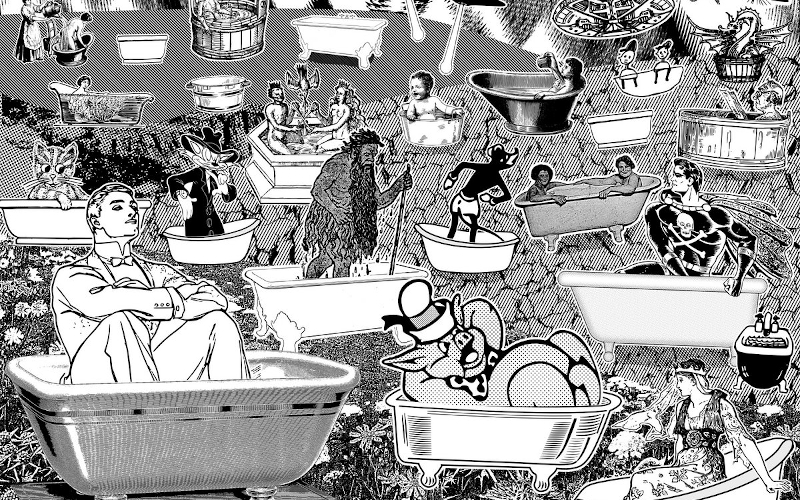




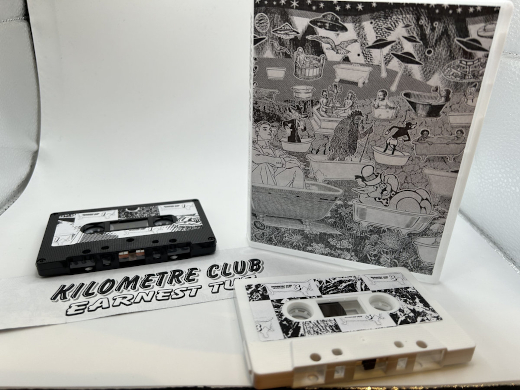
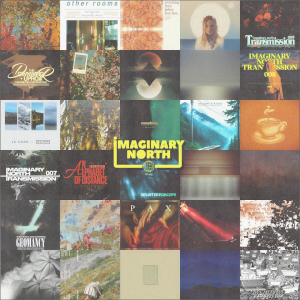

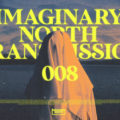

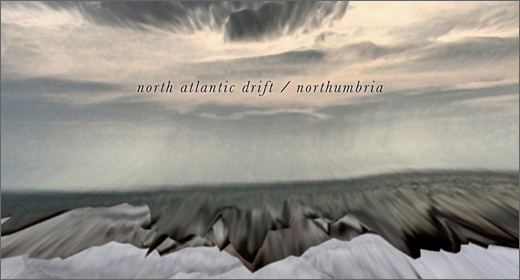
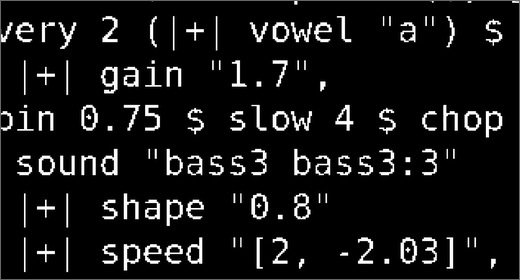
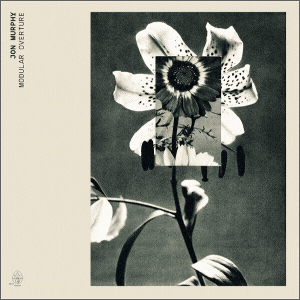






![Allmanna Town :: 1911 EP (Self Released) — [concise]](https://igloomag.com/wp/wp-content/uploads/2025/03/allmannatown-1911_feat2-75x75.jpg)



